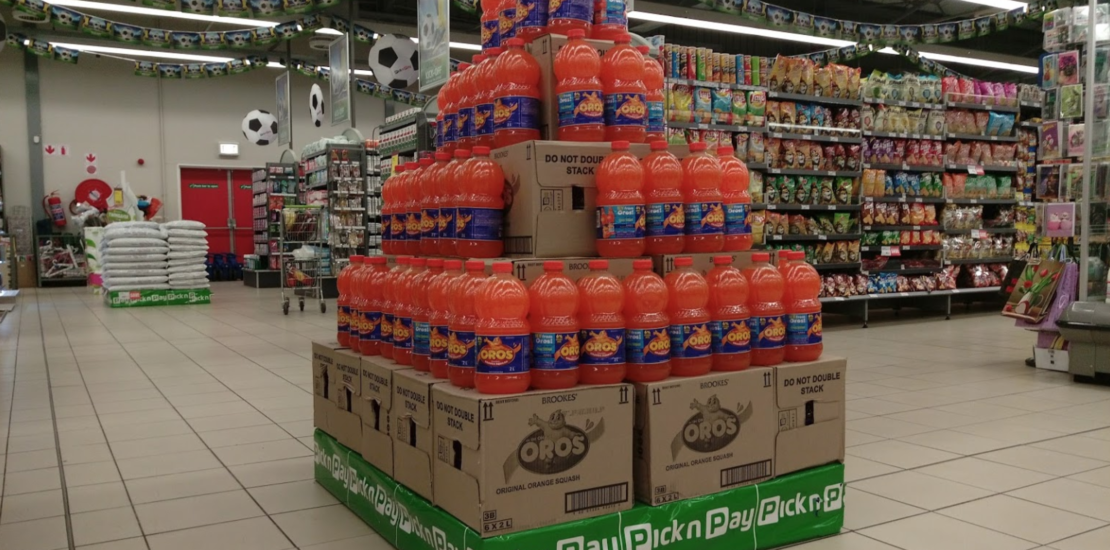- 13/07/2020
- Posted by: Julien Garcier
- Categories: Articles, Botswana, Lesotho, Namibia, SagaRetail, South Africa, Supermarkets, Swaziland, Zambia, Zimbabwe

Sales at Pick n Pay’s Rest of Africa division rose by 2.8% in constant-currency terms, to ZAR4.7 billion (USD276 million), during its FY2020 (the 12 months to February 2020). Outside of its native South Africa, the chain operated 154 stores in six southern African countries at the end of February, having opened a net six new stores during the preceding 12 months.
According to the retailer, “Our businesses in Botswana, Namibia, Eswatini, and Lesotho remained stable over the course of the year, notwithstanding economic and societal challenges across those Southern African regions.” However, the situation in Zambia and Zimbabwe is less sanguine.
Pick n Pay noted that “Trading conditions in Zambia deteriorated significantly over FY20, with local currency weakness driving up US-dollar-based operating costs and fueling inflation.” According to the retailer, its problems in the Zambian market stem from “the economic impact of a severe and prolonged drought, including the effects on business of an erratic power supply as a result of the country’s dependence on hydroelectricity.” Moreover, “the persistently low copper price has led to higher levels of unemployment .”
In Zimbabwe, where Pick n Pay owns 49% of TM Supermarkets, “severe currency illiquidity and currency devaluation have driven high levels of food and cost inflation and shortages of fuel and other staple goods.” While TM remains profitable, Pick n Pay has written down the fair value of its investment in it from ZAR184 million (USD11 million) to just ZAR50 million (USD3 million).
The Sagaci Research View: The Covid-19 crisis has exacerbated the economic problems facing Zambia and particularly Zimbabwe, where inflation is once again running rampant. However, Pick n Pay has seen hard times before and does have, as it boasts, “a solid track record of delivering sustainable growth in difficult times.”
SagaPoll data shows that in such markets as Kenya and Nigeria, Covid-19 is driving consumers from traditional to modern retail channels in search of more stable pricing, fewer stock outs, and larger stores (which are often cleaned more frequently and where it is easier to practice social distancing). However, this effect is likely to be somewhat less marked in Southern Africa, where modern retail is already more developed than elsewhere in sub-Saharan Africa.
But even Pick n Pay’s appetite for risk is not unlimited: It now looks very unlikely that the chain’s long-held ambition to expand into Nigeria (where it established a joint venture last year) will happen during the next five years, given the current state of that market and the fact that other South African retailers are either withdrawing from it (Mr Price) or thought to be seriously considering such a move (Shoprite).
If you want a detailed profile of Pick n Pay’s international operations, please contact us here


